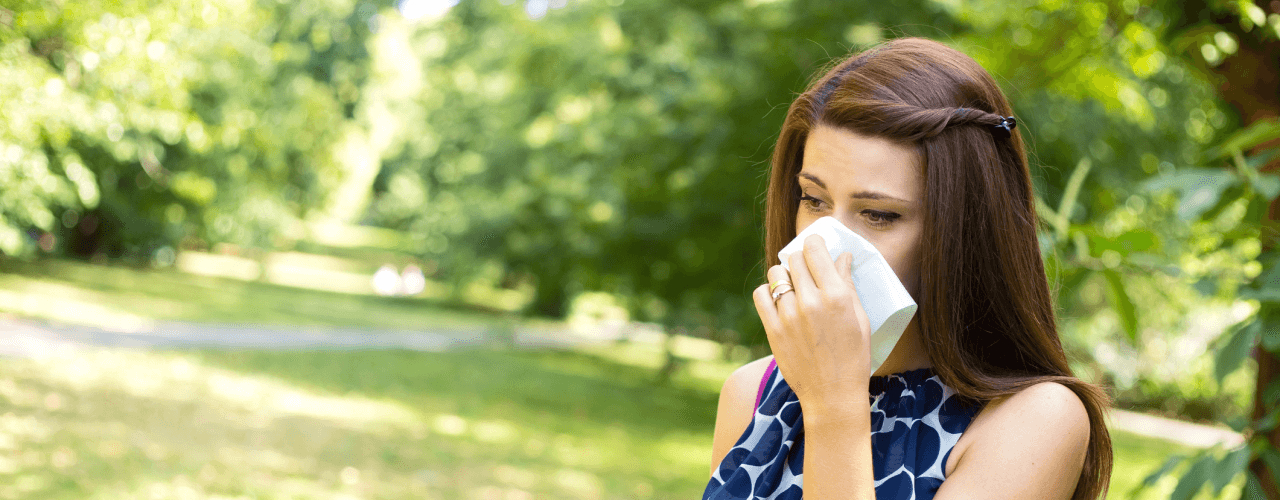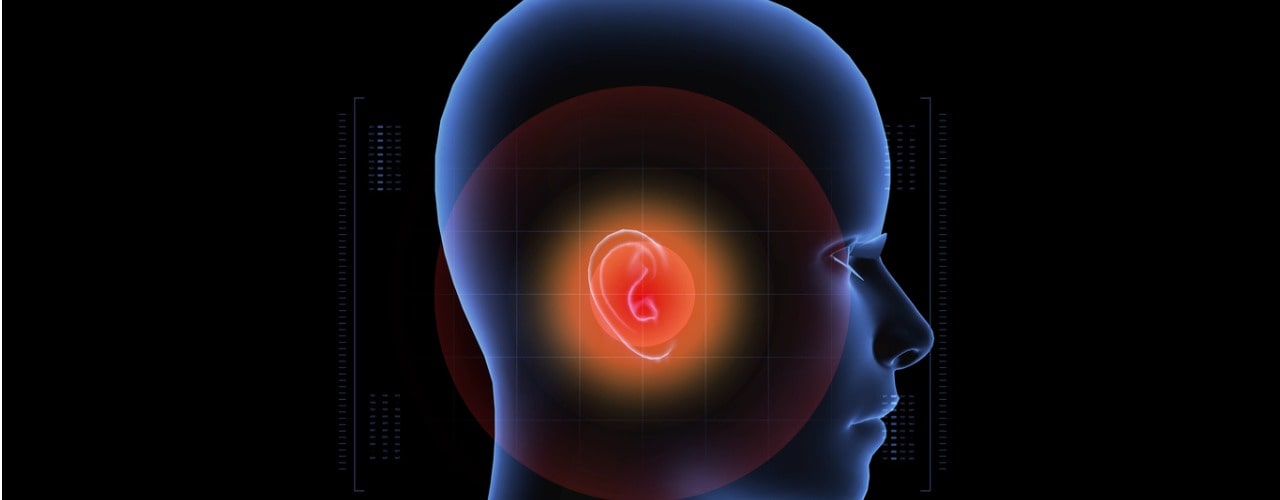Watch Out For Hay Fever This Summer
Hay fever can strike at any time when plants are flowering, but it tends to be at its worst in June and July. Pollen allergies are responsible for lots of visits to the Harley Street ENT clinic for runny noses, allergies and sinus problems at this time of year.
Why is Hay Fever Seasonal?
Hay fever is a pollen allergy. Although some people are affected by a wide range of different pollens, others will only react badly to a certain plant or type of plant. The most common cause of hay fever seen at the Harley Street ENT clinic is grass pollen, which is usually being released between late May and July. Since the tree and weed pollen seasons also overlap with this period, summer can be a bad time if you have hay fever:
- Tree pollen from March to May
- Grass Pollen from late May to July
- Weed Pollen from late June to September
Tips for Dealing with Hay Fever
If you are suffering from hay fever or your sinusitis is being triggered by pollen then there are some simple things you can do in addition to visiting your GP or the ( for treatment. As well as using any medication that has been prescribed, you should keep an eye on the pollen count that is reported by most weather forecasts. Try to stay indoors with windows and doors closed when the pollen count is high. It can also help to get changed when you come home and to have a shower before bed to get rid of any pollen that is clinging to you. Finding out which type of pollen is triggering your allergies can also be a good idea, so it can help to note down when your symptoms appear and where you have been. You might find that it happens after you’ve been in a park with a certain type of plant or only during grass pollen season. It can then be easier to avoid your hay fever triggers.












